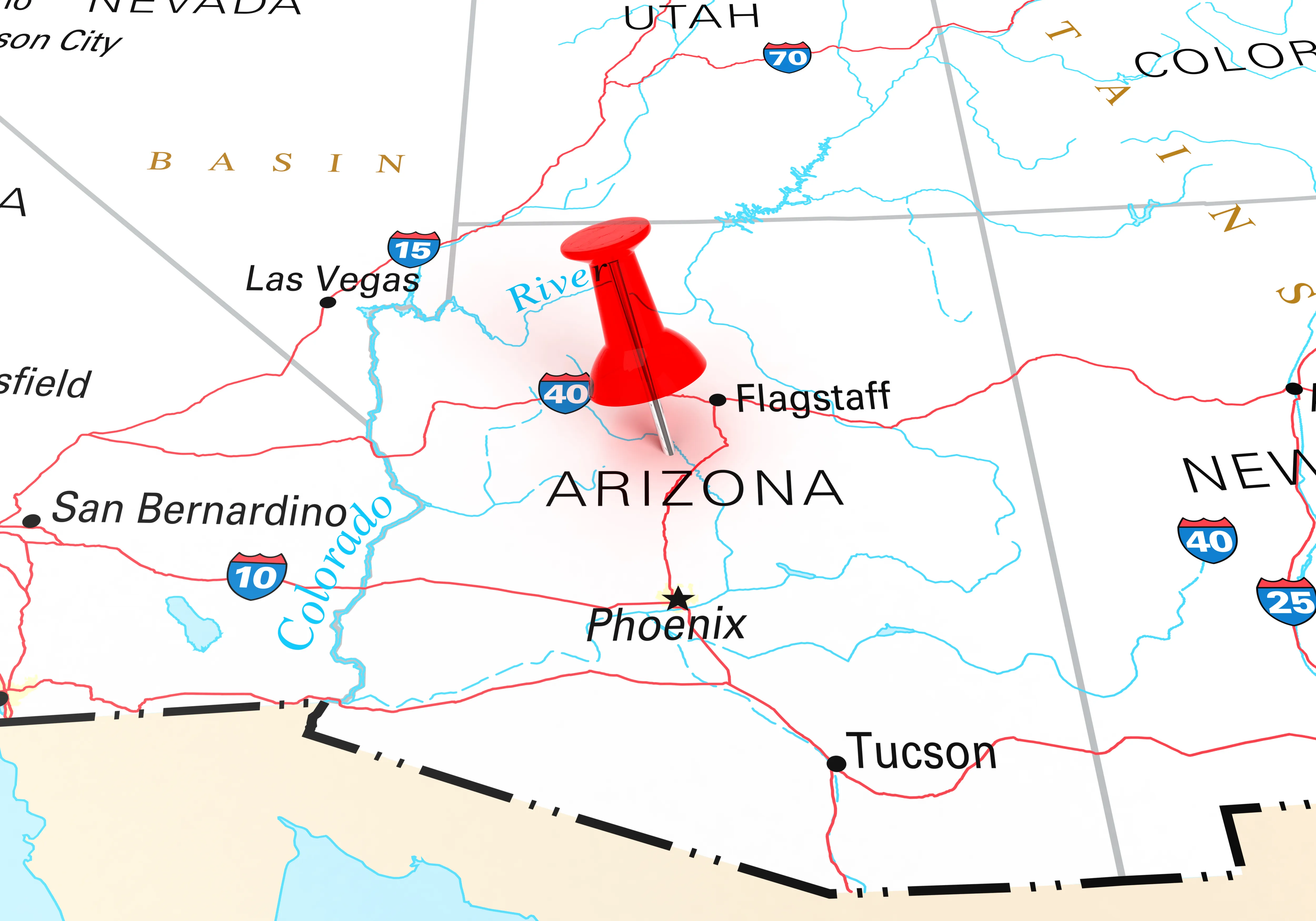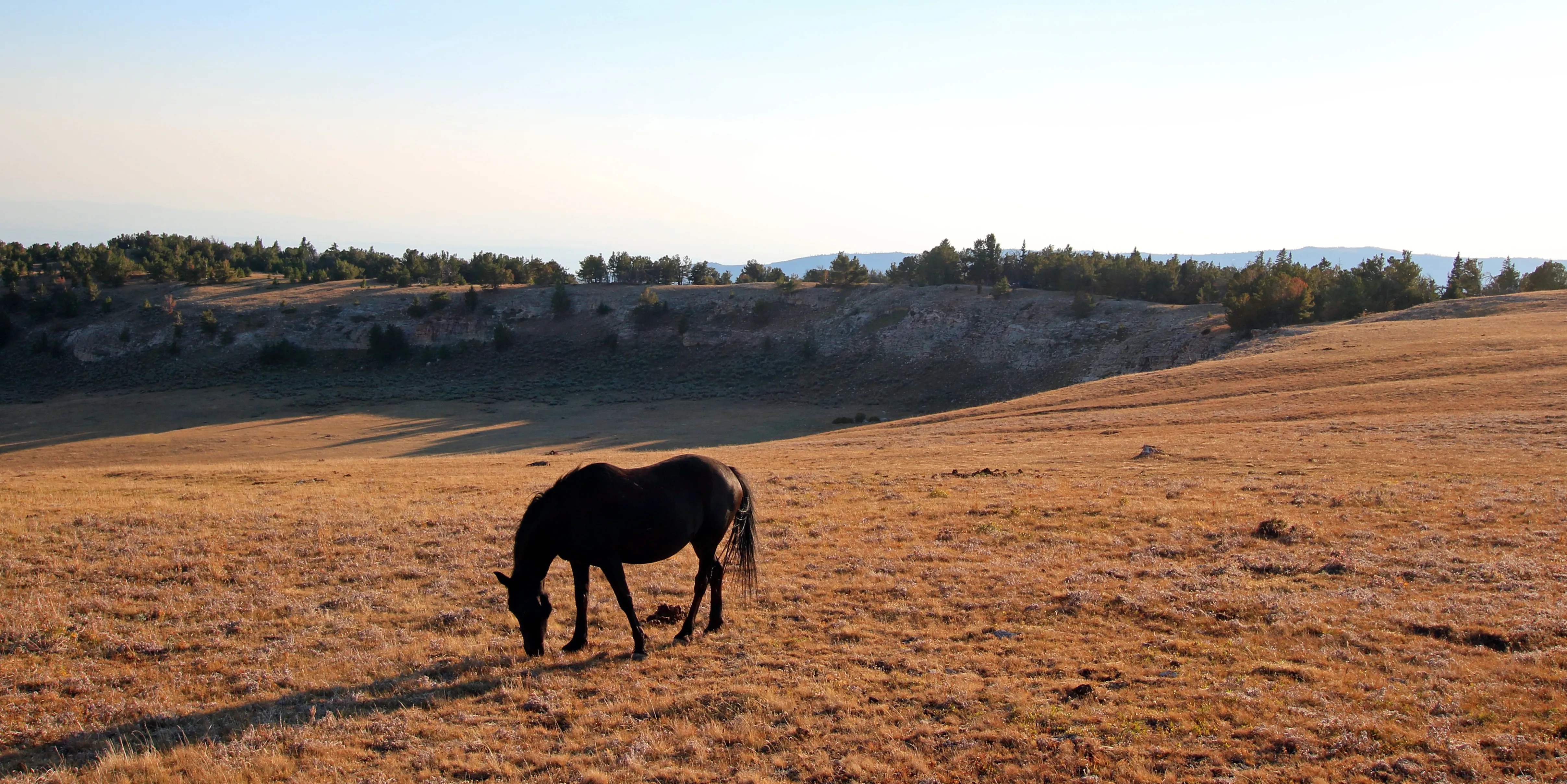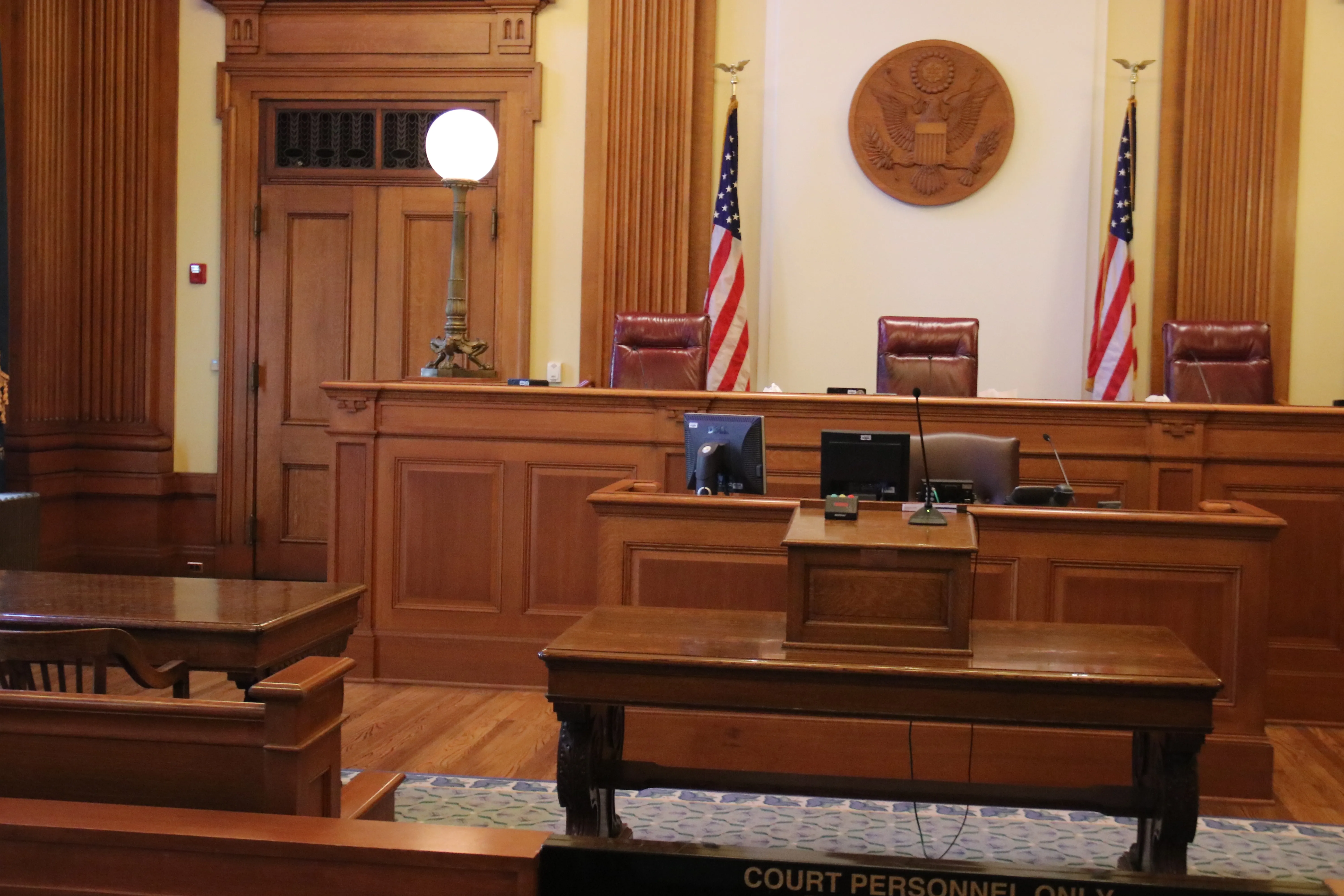
Daily Audio Newscast - June 19, 2024
News from around the nation.
Community organizing key to ending hunger in rural Oregon; Boeing CEO apologizes to crash victims' families in tense Senate hearing; Connecticut bump-stock ban remains after SCOTUS ruling; Could other exceptions come with Minnesota's new carbon-free law?
TRANSCRIPT
The Public News Service DOA newscast June the 19th, 2024.
I'm Mike Clifford.
Organizing to end hunger is one tool groups are using in Oregon to highlight and address the issue.
Workers say advocacy is especially important in rural parts of the state where food insecurity is higher.
Eric Tegethorf explains.
Eddie Melendrez is a community organizer for Oregon Food Bank based in Ontario in the southeast part of the state.
He says pantry sites have seen increased need as food assistance from the pandemic has expired.
Melendrez says people can make their voices heard on the issue of hunger.
It's very important so folks kind of see the power that they have that they maybe didn't know that they did have and how to take collective action to make change in the communities, to ask questions, to show up, and to hold our elected officials accountable.
According to data released by Feeding America in 2022, the average rate of food insecurity in Oregon was about 13 percent.
The rates were even higher than the state average in eastern parts of the state.
In Malheur County, where Ontario is located, the food insecurity rate was 16 percent.
More than 100 organizations, including the Oregon Food Bank, are pushing for the state to pass Food for All Oregonians legislation, which would open up food access for people of different immigrant status.
Next from CNN, outgoing Boeing chief Dave Calhoun faced bipartisan criticism against the company's safety, transparency, and quality standards during Tuesday's Senate hearing.
They reportedly acknowledged that the company had retaliated against employees who have raised safety concerns.
Before his opening remarks, he stood from the witness table, turned around to apologize to family members of Boeing 737 MAX victims.
They were present in the room with photos of their loved ones.
CNN notes Boeing is under intense scrutiny from several regulators after a series of safety missteps earlier this year, including a door plug that blew off an Alaska Airlines flight shortly after takeoff in January.
And Connecticut is one state not impacted by the recent Supreme Court gun ruling.
In Garland v. Cargill, the court overturned a federal bump stock ban the Bureau of Alcohol, Tobacco, Firearms, and Explosives implemented after a 2017 mass shooting.
Authorities found most of the shooters' weapons had a bump stock, which enables someone to fire multiple rounds at a rapid pace.
Melissa Cain with Connecticut Against Gun Violence says federal action must follow this ruling.
Legislation to ban bump stocks have already been introduced in the U.S.
House and Senate, and the Congress has the power to change the law and ban bump stocks now to keep these kind of weapons off of our streets and out of our communities, but it has to happen.
Senate Majority Leader Chuck Schumer has signaled he'll call for a vote on legislation banning bump stocks, but the big challenge Cain sees for implementing such a ban is coming up, political gridlock.
Senate Democrats support Schumer's proposal, but GOP senators say they'll block the legislation.
I'm Edwin J. Vieira.
Fifteen states and the District of Columbia have bump stock bans, which remain in effect since the ruling covers the ATF rule, not the constitutionality of state bans.
This is Public News Service.
Minnesota is sorting out details ahead of trying to meet its 100 percent carbon-free electricity goal by 2040.
Some environmental advocates feel energy sources being floated to regulators would defeat the purpose of the new law.
The state's Public Utilities Commission is accepting public comment on which technologies should make the list of energy options defined under the law.
That means utilities, advocacy organizations, and others are lining up with their input.
Hudson Kingston of the group Clean Up the River Environment worries certain recommendations he feels are dubious will make the final cut.
Comments suggesting that burning wood, burning biomass, burning trash are all, in some people's way of thinking, carbon-free, even though when you burn things like wood, you are emitting quite a lot of carbon.
The Minnesota Forest Resources Partnership contends that burning limbs from harvested trees or wood left over from fires or disease restoration projects is a viable substitute for fossil fuel production.
I'm Mike Moen.
Meantime, Alabama has a goal to reduce recidivism by 50 percent by 2030, but a recent prison fellowship report warns that state-level barriers to critical needs may hinder their progress.
Every year, thousands of men and women are released from state prisons and jails.
However, despite repaying their debt to society, they encounter roadblocks that hinder their successful reintegration.
These so-called collateral consequences affect their access to housing, education, and more.
Kate Trammell from the prison fellowship emphasizes the need to address these obstacles to empower returning citizens to build better lives.
So one of the first things that policy makers or voters should be thinking about, about their neighbors with a criminal record, is how can we help ensure that they aren't prevented from accessing safe, affordable housing?
How can we ensure that they aren't prevented from accessing meaningful jobs?
In Alabama alone, there are 824 barriers impeding an individual's journey toward a second chance.
Shantia Hudson reporting.
Finally, our Kathleen Shannon lets us know that as Pride Month winds down, health advocates want members of the LGBTQ+ community to know about health care options, despite any challenges to obtaining them.
Nearly 8 percent of U.S. adults identify as lesbian, gay, bisexual, transgender, queer, or some other sexual orientation besides heterosexual, according to 2023 data.
That's more than double the number in 2012.
Kenny Starling, owner of Wyoming's debut drag and theater production company, says health care can feel like a taboo topic, especially for queer people.
And then on top of that, the actual health care providers themselves being up to date on the information about queer individuals and the resources that should be available to us.
This is Mike Clifford for Public News Service, member and listener supported.
Hear us on interesting radio stations on your favorite podcast platform.
Find our trust indicators at publicnewsservice.org.














